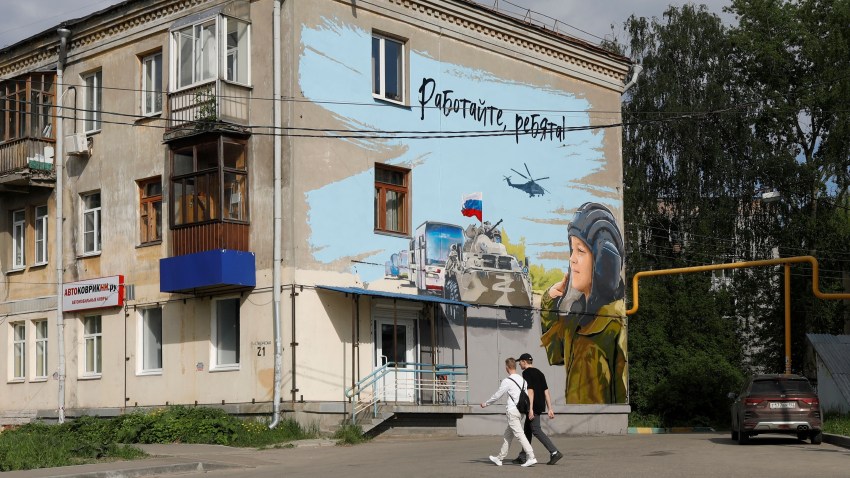In commemorating the two-year anniversary of Russia’s all-out invasion of Ukraine last week, journalists drew on extensive access to communities in every part of the country to explore the challenges faced by a society fighting for its survival. In stark contrast, faced with deepening restrictions on their movement in Russia, only a few Moscow-based foreign correspondents still manage to gain sporadic access to more peripheral Russian regions that have also been profoundly affected by this conflict.
Such differences in information flows about everyday life in small-town Ukraine and Russia has had an impact on how the war’s effects are perceived in the wider world. When it comes to the triumphs and tragedies that have engulfed Ukraine over the past decade of war, the ability of journalists to report relatively freely from every region under Kyiv’s control has meant that the dysfunctions that continue to hamper Ukraine’s war effort are visible to a global audience. Though journalists still had some space to robustly cover developments in rural Russia during the 2010s, the ratcheting up of censorship of Russian media since 2022, combined with the heightened risk of arrest faced by the shrinking group of foreign reporters in Moscow, has narrowed our understanding of the war’s impact on many Russian communities.
The picture analysts and journalists have been able to gain of life during wartime for Russian regions outside of big cities like Moscow and St. Petersburg has become heavily dependent on information gleaned from social media or Russia’s local press. These give a superficial portrait of how Russian society is being reshaped by armed conflict, from its rapid restructuring toward a war economy to the military mobilization drives that seem to have deliberately targeted men from smaller towns and villages. Yet in an environment in which overly critical comments on social media platforms can lead to imprisonment, and with local newspapers and television stations under tight state censorship, it has become more difficult to assess what is happening below the surface of everyday life in communities that are often far from Moscow.

